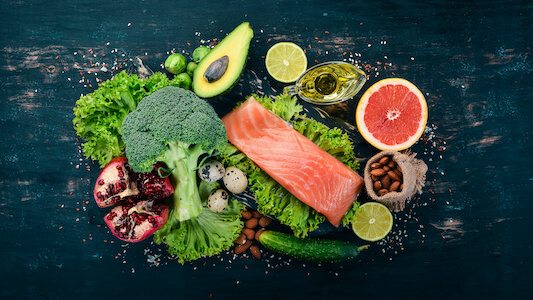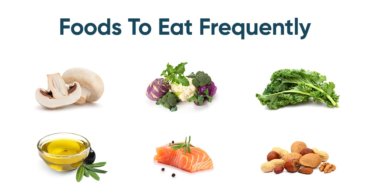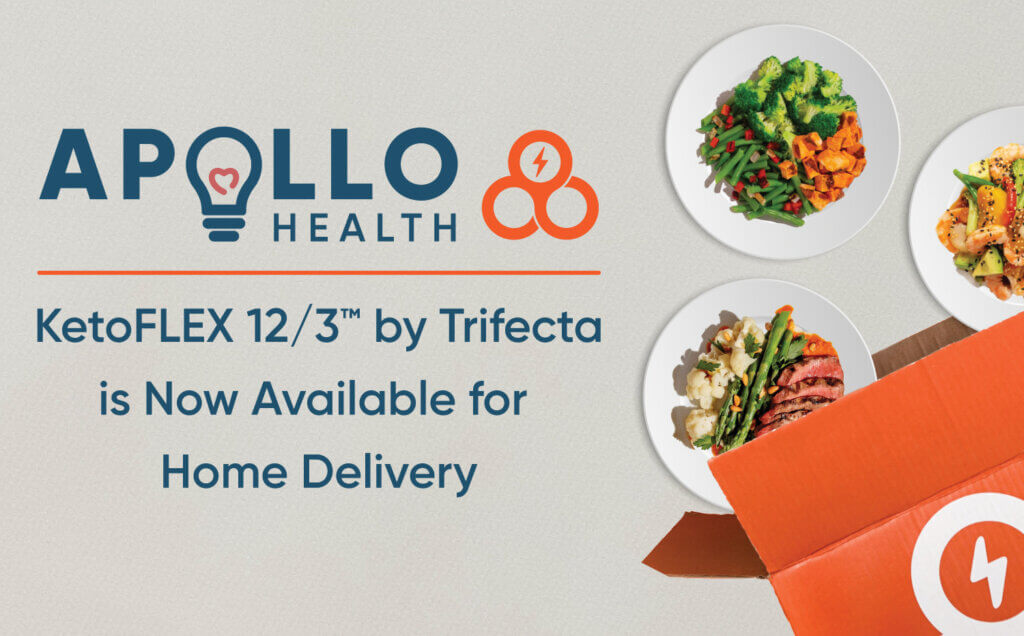October 14, 2020
Mediterranean Diet


A recent report described two studies that identified brain-supportive diets: one found that the Mediterranean diet — which features vegetables and fruits, whole grains, nuts, legumes, fish, and olive oil, along with reduced consumption of red meat and alcohol — was associated with reduced risk for cognitive decline, while the other found that high-flavanol diets (such as those with grapes, strawberries, and tea) were associated with reduced risk for Alzheimer’s disease.
These studies provide further support for the repeated finding that nutrition exerts an important effect on dementia risk. However, the large scales of these studies precluded the evaluation of many nutrients and nutritional goals critical for optimal cognition; here are just a few of the key omissions:
- Ketosis bridges the energy gap that otherwise exists in the years leading up to Alzheimer’s disease, so achieving ketosis (something not typically achieved by the two diets mentioned in the studies) is helpful both for the prevention and reversal of cognitive decline.
- High fiber intake (at least 30 grams per day) is helpful for numerous parameters that impact cognition, from detoxification to glycemic status to lipid profile to microbiome.
- Choline, which is deficient in most Americans, is critical for the brain to produce acetylcholine, which is required for memory and is reduced in Alzheimer’s disease.
- Fasting for 12 to 16 hours each night supports autophagy, which improves the removal of damaged mitochondria and molecules (such as proteins and lipids).
- Considering source for various foodstuffs: the cognitive health implications of wild-caught low-mercury fish, grass-fed beef, pastured chickens, pastured eggs, and organic vegetables are markedly different than those of farmed, high-mercury fish, feedlot, hormone-injected beef, industrially-raised chicken and eggs, and toxin-sprayed vegetables.
- Some mushrooms, such as lion’s mane, increase brain growth factors such as nerve growth factor (NGF).
- Numerous herbs and spices support preventive pathways, from curcumin to saffron to ginger and many others.
- Dietary minerals are also critical, especially since many of us are deficient in zinc, magnesium, iodine, and potassium. These are just a few of the many examples that illustrate the multiple facets of the striking effect that nutrition has on cognition and the prevention of cognitive decline.
So, although the Mediterranean diet is a definite improvement over the standard American diet (SAD), it falls far short of optimally addressing many of the parameters necessary for neuroprotection. Addressing all of these critical parameters is the reason we developed the KetoFLEX 12/3 diet, which is described in the book, “The End of Alzheimer’s Program.”






